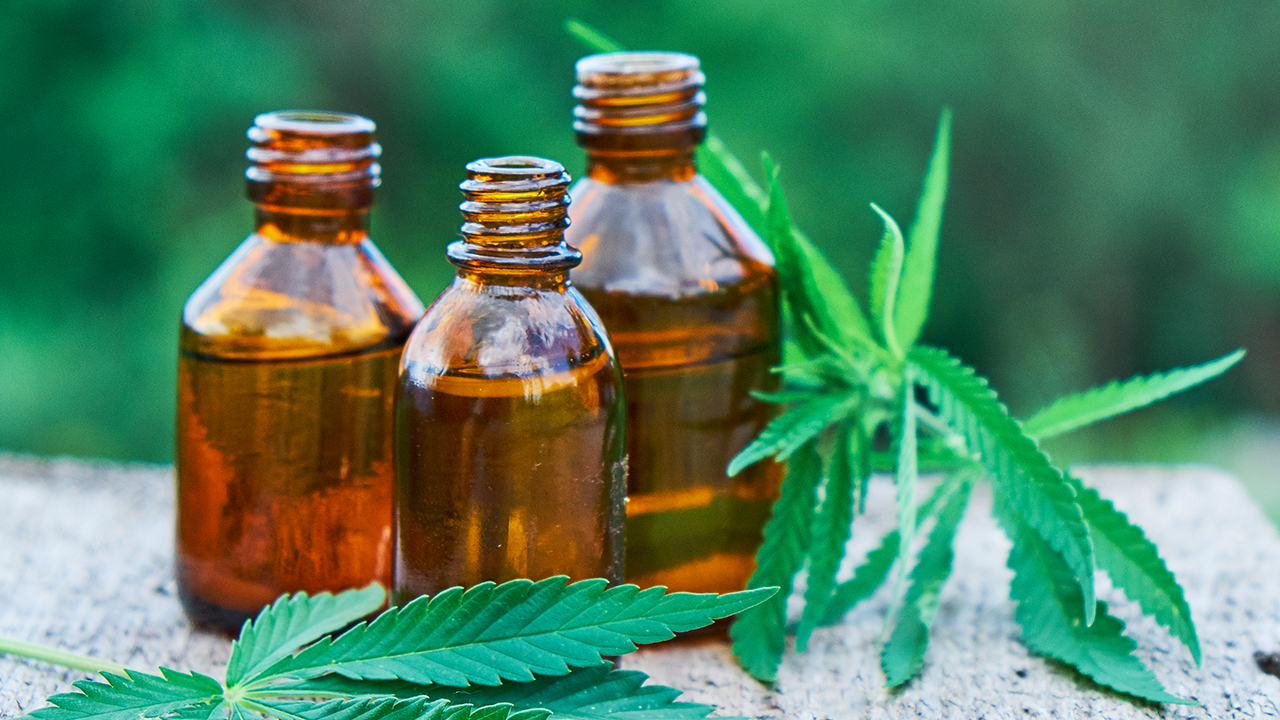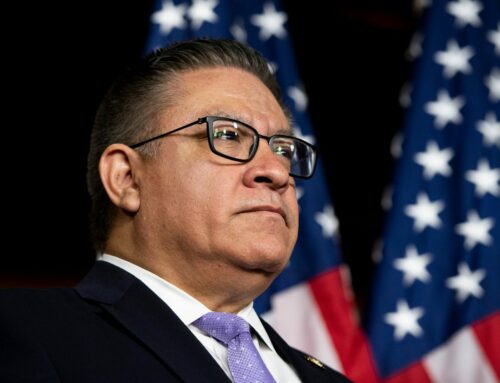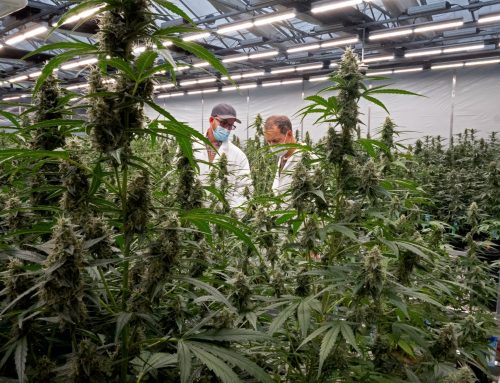Alaska Imposes New Restrictions on Hemp Goods Industry
LOS ANGELES— Alaska has intensified its stance on the rapidly expanding national hemp goods sector, especially targeting hemp-derived products that some locals colloquially term “diet weed.”
Lt. Gov. Nancy Dahlstrom inked new regulations into law last week, slated to be effective from Nov. 3. These stipulations move the purview of intoxicating hemp items to the same state regulatory bodies overseeing the cannabis industry. Further, the regulations impose additional taxes, stipulate a minimum age of 21 for purchases, and eliminate a multitude of retail possibilities, including gas stations and convenience stores, as detailed by the Alaska Beacon.
This legislation significantly revamps the Alaskan interpretation of “industrial hemp,” delving into explicit specifics about the encompassed cannabinoids and products.
State cannabis enterprises have hailed this shift, viewing it as a potential equalizer in the market. In contrast, several hemp firms have voiced potential legal challenges. The overarching goal behind these changes is dual-fold: to establish a level playing field between the parallel sectors and to ensure that intoxicating products remain inaccessible to the younger population. The Alaska Beacon pointed out that these changes have been catalyzed, in part, by a state-convened task force that examined the implications of legalizing recreational cannabis.
Yet, this transition spells challenges for hemp businesses that previously enjoyed a relatively lax supply chain. These enterprises now find themselves in a position where they must seek regulatory blessings, mirroring the pathway that cannabis businesses tread. This paradigm shift has stoked concerns within the hemp community, with many apprehending potential business closures. Some quarters are even alleging illicit collaborations between state authorities and cannabis industry bigwigs, with threats of legal action looming.
Danny Ferguson from Primo Alaska, an Anchorage-based firm, expressed strong dissent to the Beacon. “We’re coming after them to sue them,” he declared, contending that the primary motivation behind these new regulations was the cannabis sector’s drive to “protect their dollars.”
However, Joan Wilson, helming the Alaska Alcohol and Marijuana Control Office, has a different perspective. She perceives the proliferation of the national intoxicating hemp product market as an “unintended consequence” of the 2018 Farm Bill, which federally decriminalized hemp. According to Wilson, these newly minted regulations aim to rectify this oversight.
This dynamic isn’t exclusive to Alaska. Post-2018, numerous states have either mirrored or further tightened their grip on intoxicating hemp products. Legal confrontations are increasingly commonplace, as evidenced by the cases in Arkansas and Maryland, where hemp entities are challenging new regulatory frameworks that they argue undercut their commercial interests.



































